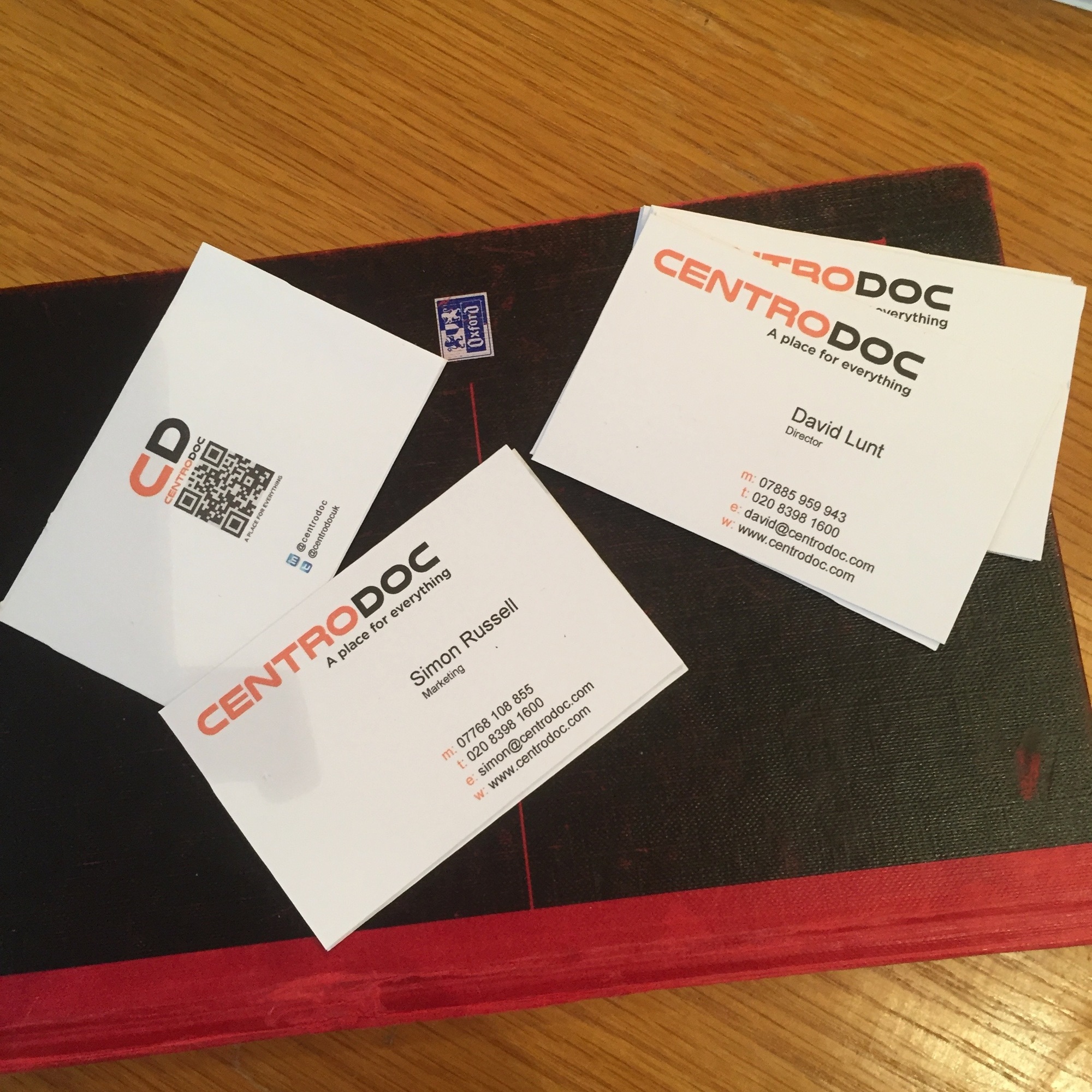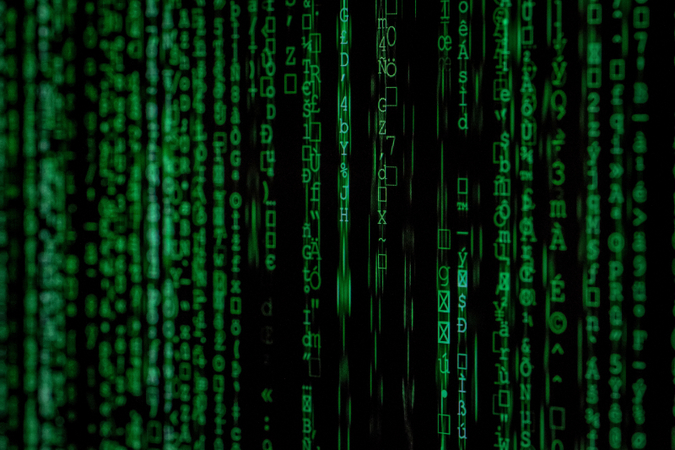
07 October 2019
Centrodoc rebranded and ready for Autumn launch
We have spent time this year re-considering our brand and corporate theme to more accurately reflect our product and lead us into an Autumn marketing campaign

Add to this the fact that outdated servers consume vast amounts of energy by comparison to their modern counterparts one can begin to build a picture of the negative environmental effect contributed by this archaic, inefficient way of dealing with project data.
Centrodoc immediately eliminates the need for, and legacy of, duplicate copies. This can have a vast impact on the overall volume of data stored especially when applied to large files such as plans and photographs. These many duplicate copies, within corporate organisations, are also most likely to be on older, less efficient, servers further compounding energy the problem.
We utilise the latest generation, state-of-the-art, Memset UK servers operating as efficiently as possible. Less stored and stored for less.
Okay - we’re not solving the global problem, but we are picking up some plastic.